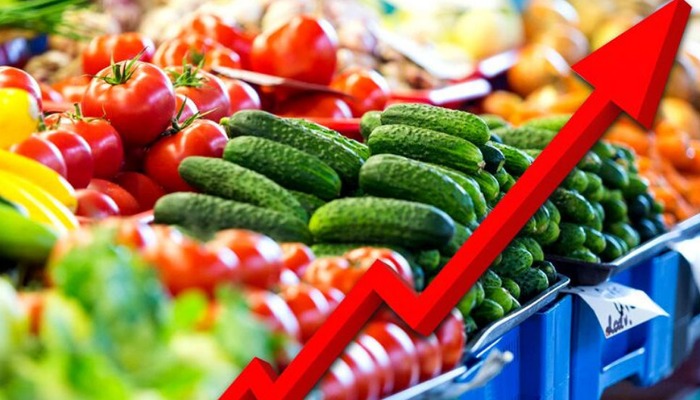The National Bureau of Statistics (NBS) has reported that food shortages, insecurity, and rising prices have compelled Nigerian households to reduce their consumption.
According to their findings, 65 per cent of families and residents lack the financial means to access healthy meals. This information was revealed in the latest General Household Survey Panel (Wave 5) report, which was conducted in cooperation with the World Bank.
The report indicated that 71 per cent of households had been affected by the increasing costs of essential food items, with more than one-third of households experiencing food shortages the previous year.
NBS noted that Nigeria’s inflation rate has reached 33.88%. The survey also reported that 71.2 million Nigerians are self-employed, and 13 million are wage earners.
These food shortages were particularly severe during June, July, and August, worsening the food insecurity crisis. The data further revealed that 48.8 per cent of households had reduced their food intake as a means of coping.
“Over the last year, more than one-third of households encountered food shortages, notably more frequent in June, July, and August.
“Price hikes for key food items were the most common shock experienced by households, affecting 71.0 percent of those surveyed.”

The report indicated that households concerned about having insufficient food grew from 36.9 per cent in Wave 4 (conducted in 2019) to 62.4 per cent in Wave 5. According to NBS, this increase can be attributed to rising food insecurity, with over half of Nigerian families finding it difficult to fulfil their dietary requirements.
“Roughly two-thirds of households (65.8 per cent) indicated that they could not consume healthy, nutritious, or preferred foods due to financial constraints in the past 30 days.
“Due to a lack of money, 63.8 percent of households primarily ate only a limited variety of food, while 62.4 percent expressed concerns about having enough food to eat, and 60.5 percent consumed less than they felt was necessary,” the report stated.
Additionally, 12.3 per cent reported that at least one household member went an entire day without eating, and 20.8 per cent had to borrow food or depend on assistance from friends or family.
NBS pointed out that residents in the south-south region experienced the highest rate of concern in five out of eight indicators of food insecurity.


